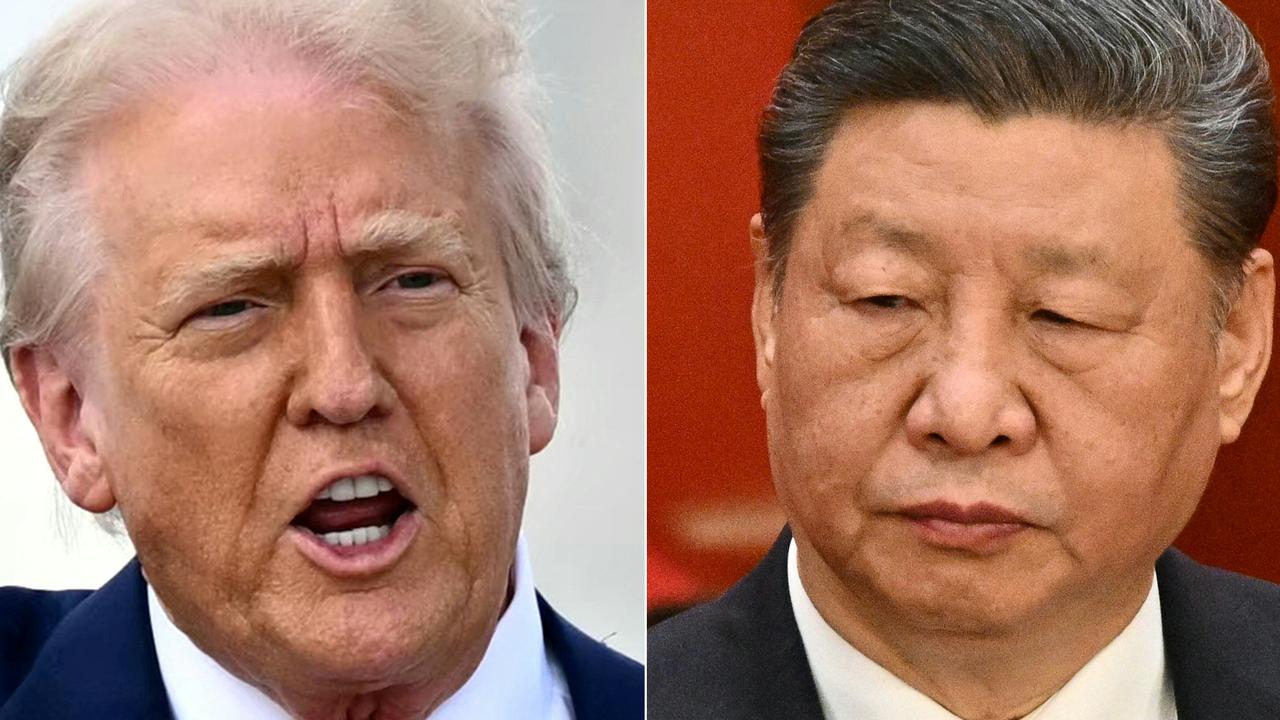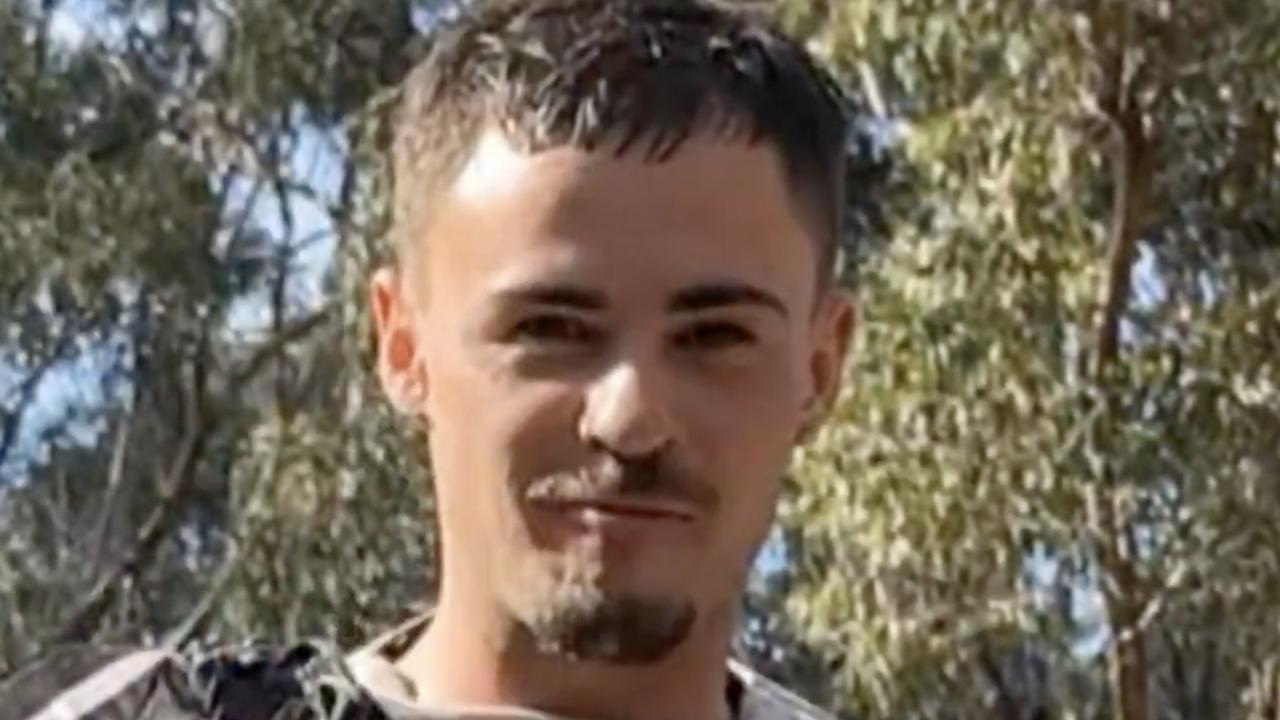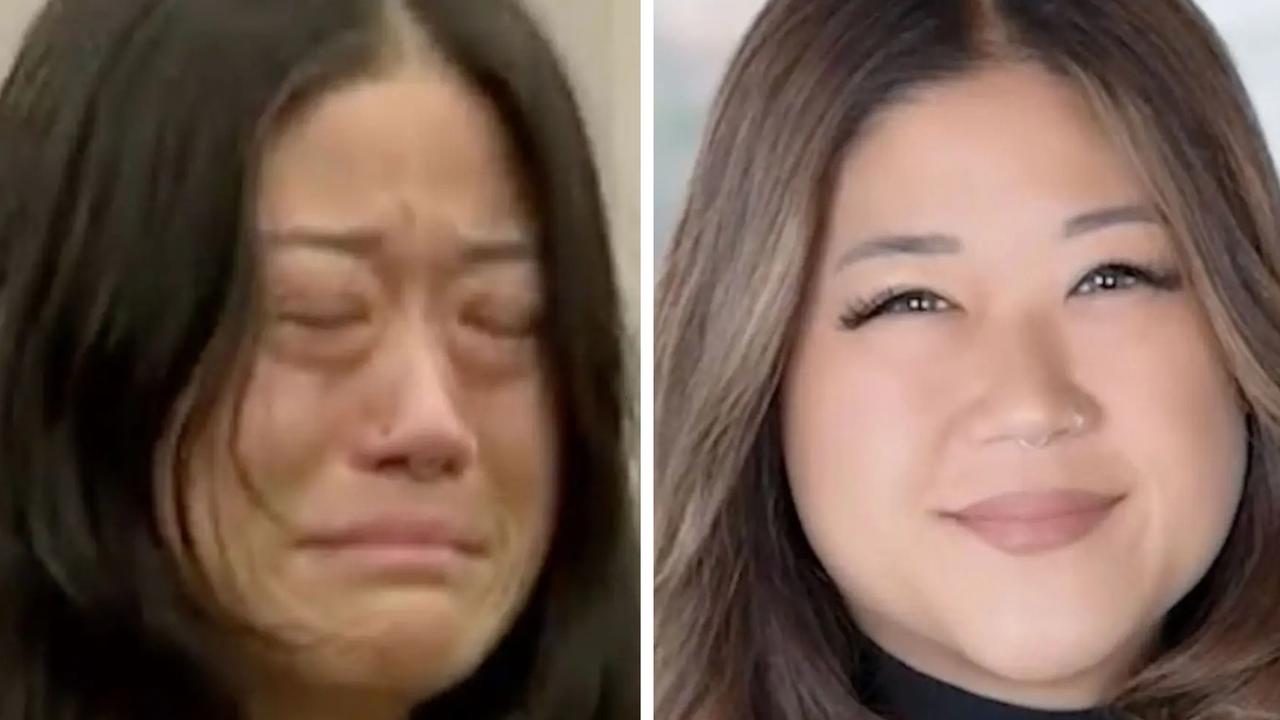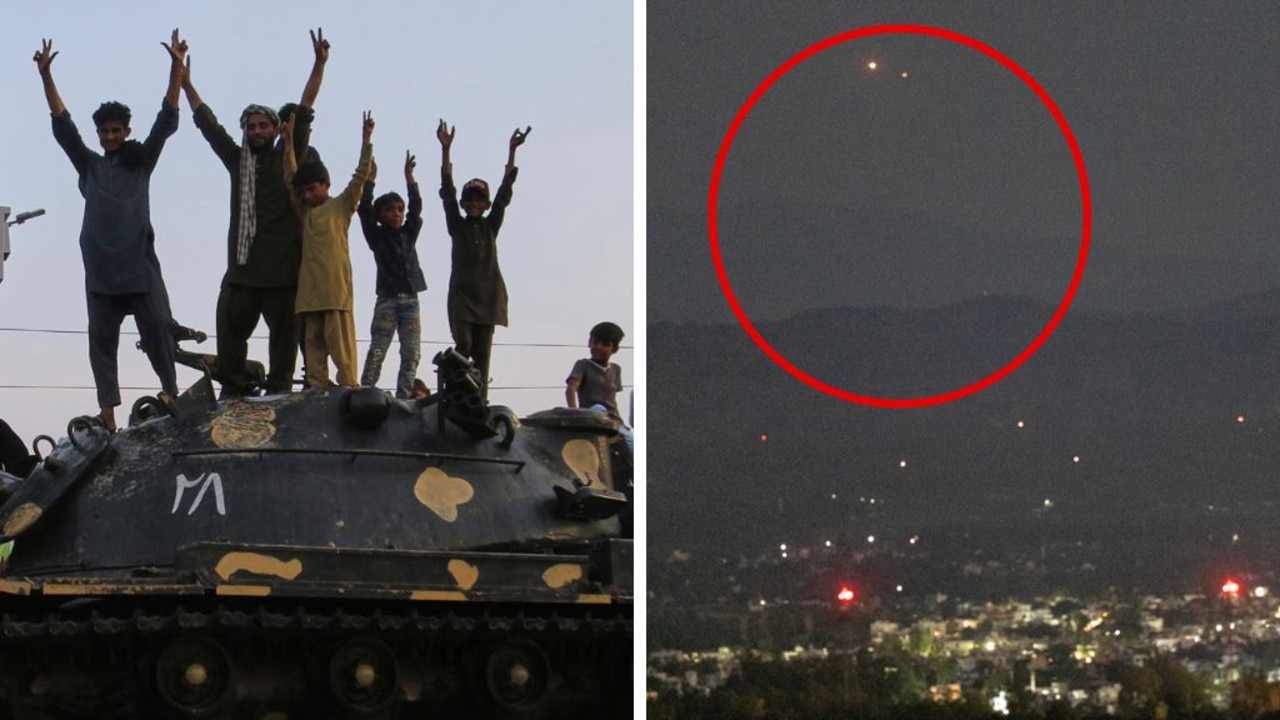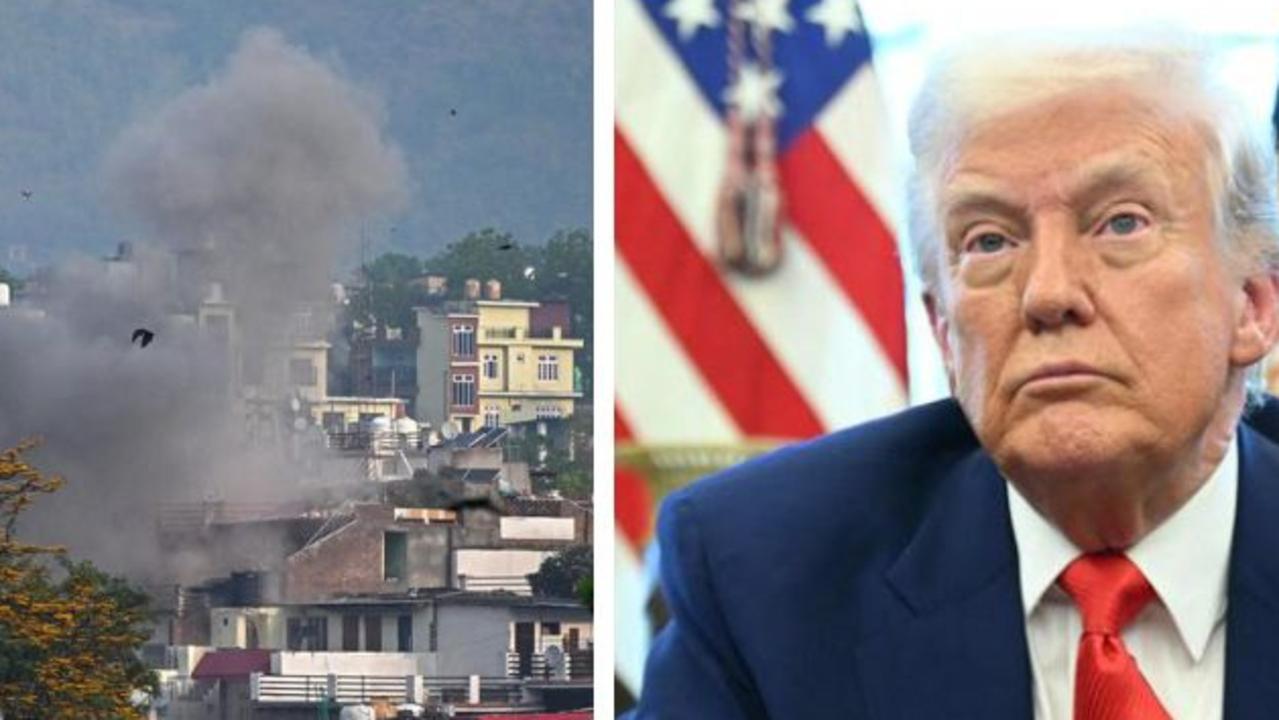Pope Leo faces his first diplomatic test from Beijing
The state-run group that regulates Catholicism in China has “elected” two bishops including one for Xinxiang, which has jailed the one appointed by Rome.
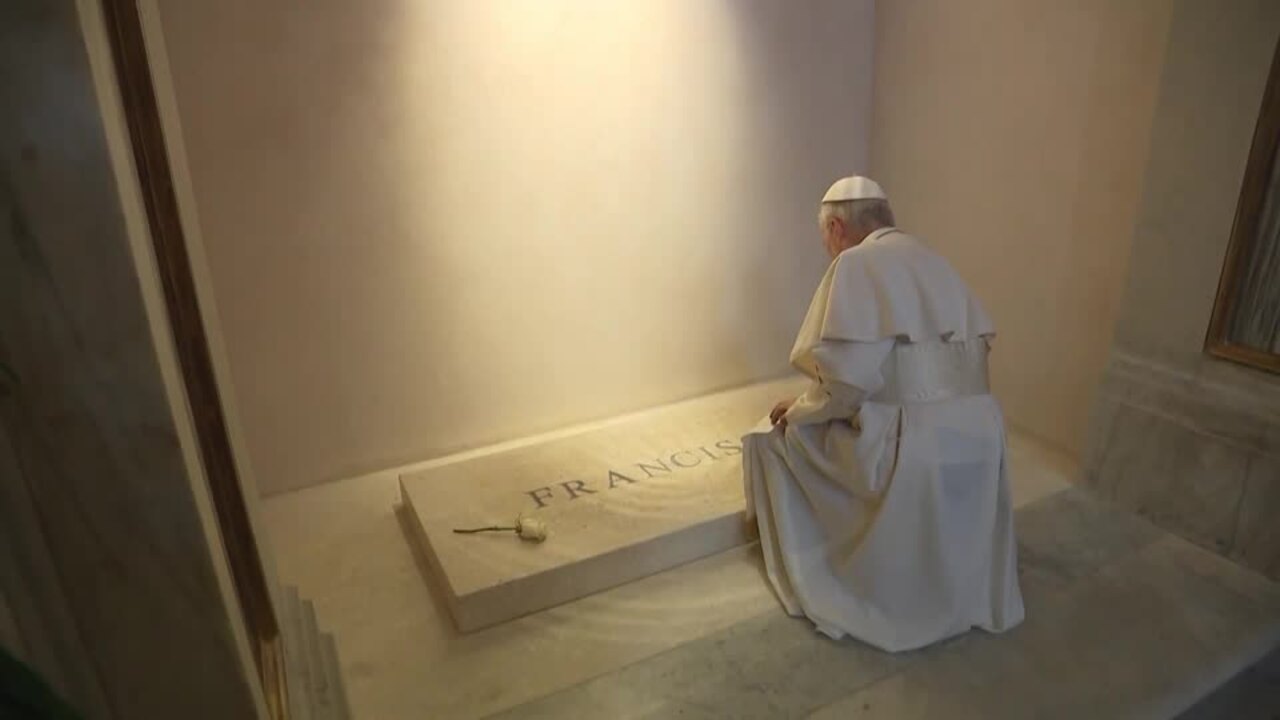
World
Don't miss out on the headlines from World. Followed categories will be added to My News.
Pope Leo XIV had been in office for less than a day before he was presented with his first significant diplomatic test.
While the world was still mourning the death of Pope Francis, an edict was issued on April 29 by the Chinese Patriotic Catholic Association (CPCA), the state-run group responsible for regulating Catholicism in the country. It said that two new bishops had been “elected”: an auxiliary bishop in Shanghai and a senior bishop in Xinxiang, a city in central Henan province.
There were two problems. Firstly, the pope was dead – and only the pope can appoint bishops. The second was that there is already a bishop of Xinxiang.
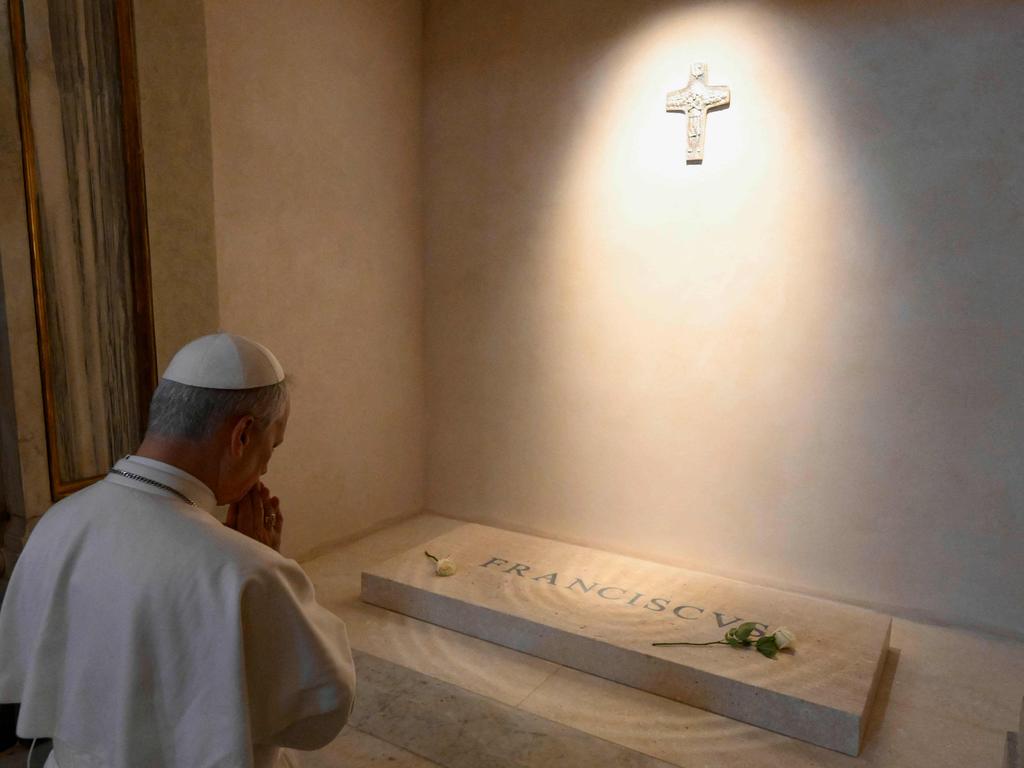
Bishop Joseph Zhang Weizhu, who was appointed by John Paul II in 1991, spent decades ministering without the approval of Beijing, including setting up a seminary to train “underground” priests loyal to Rome (there are about 30 underground bishops operating in China without state approval, and an unknown number of priests). In 2021 he was arrested while recovering from cancer surgery and remains in custody without trial.
The last two Rome-appointed bishops in Shanghai are also in police custody. One has been missing since 2011.
“China has laid down the gauntlet for Pope Leo, who now has to decide what to do,” said Nina Shea, the director of the Centre for Religious Freedom at the Hudson Institute. “He’s been presented with these two new bishops and he can either approve them or object to them, which would have major ramifications.”
When the Communist Party under Mao Zedong took power in 1949, it tried to eradicate the Christian faith. Missionaries were expelled and churches closed down. Priests were ordered to submit to central government control; if they refused they were branded enemies of the state and tortured. Many practised their religion in secret.
“Catholicism only survived Mao’s Cultural Revolution because of this underground church,” said Shea. Today, there are about ten million Catholics in the country, but “the last papacy pulled the rug out from beneath them”.
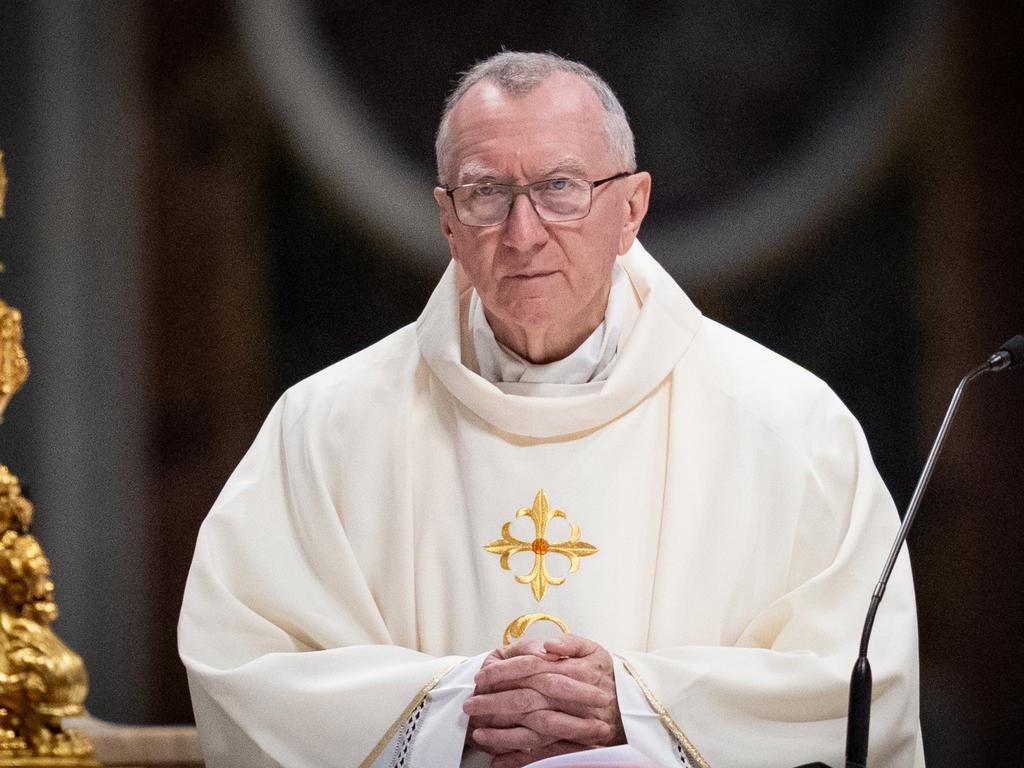
In 2018, Pope Francis and his secretary of state, Cardinal Pietro Parolin, struck a deal with President Xi in an attempt to alleviate religious persecution and normalise relations between Beijing and the Holy See.
Although the full text of their deal was kept secret, Parolin has since said it granted Chinese state authorities a role in selecting new bishops through the CPCA. The pope reserved the authority to ordain bishops and cardinals.
Cardinal Joseph Zen, the former bishop of Hong Kong who was arrested in 2022 by national security police, criticised the agreement, saying it sent “the flock into the mouths of the wolves”.
Meanwhile, religious persecution has not stopped. Just before Easter, Monsignor Peter Shao Zhumin, the underground bishop of Wenzhou in eastern China, was arrested for ministering without the approval of the CPCA. His whereabouts remain unknown.
At least nine other Chinese Catholic bishops are in indefinite detention, have disappeared, or have been forced from their episcopal posts. Bishop James Su Zhimin, who was appointed to Baoding in the province of Hebei, was arrested in 1997 and has spent the past 28 years in prison or forced labour camps, according to the United States Commission on International Religious Freedom.

Maya Wang, the associate China director of Human Rights Watch, said police today “routinely arrest, detain and harass leaders and members of Catholic congregations” who refuse to join the state-approved church.
“The authorities have demolished hundreds of church buildings and the crosses atop them and restricted access to the Bible,” she said. Anyone under the age of 18 is explicitly banned from attending church services.
The appointment of the two bishops in Shanghai and Xinxiang is the latest example of the CPCA overstepping the bounds of the agreement with the Holy See. On multiple occasions, China has unilaterally appointed senior clerics without permission from Rome and even redrawn diocesan boundaries, another power that should be reserved for the pontiff.
In some cases, the Vatican subsequently recognised the appointments. In 2023, Bishop Joseph Shen Bin was installed as the senior bishop in Shanghai without papal approval. Francis ratified the appointment after three months of deliberations “for the good of the diocese”.
Despite the iniquities of the deal, many have lauded its common sense. Cardinal Jean-Claude Hollerich, the Archbishop of Luxembourg, said the Vatican had “no alternative”.
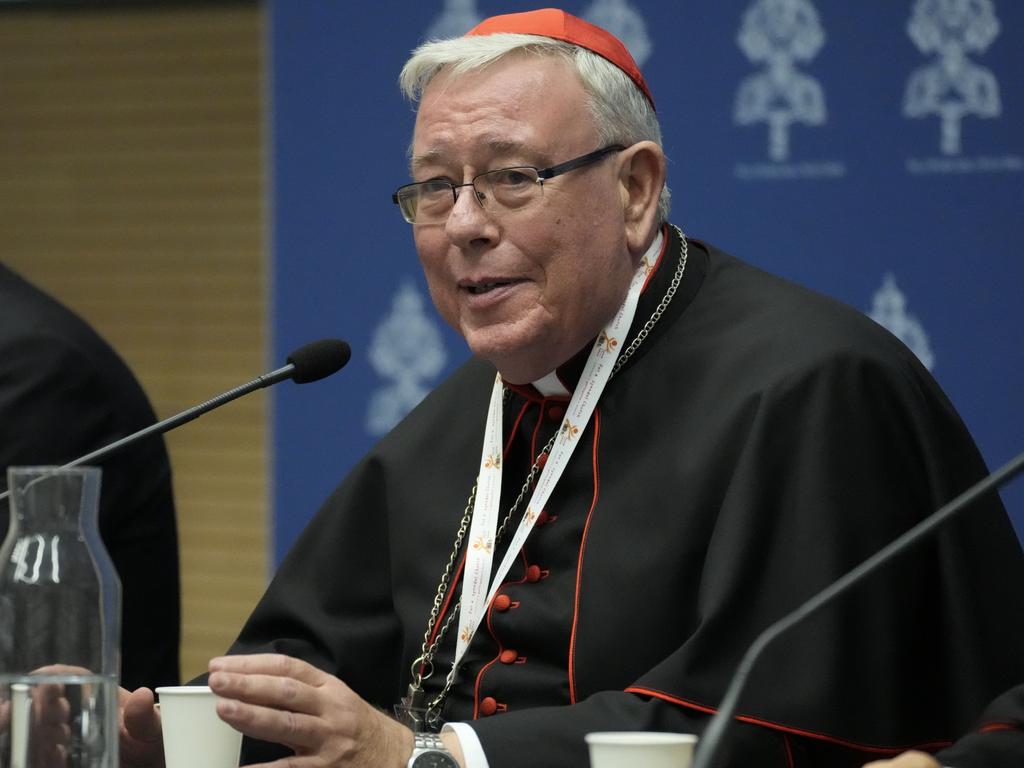
Michel Chambon, head of the Religion in Asia program at the University of Singapore, said: “The Holy See needs a working relationship with China. It’s not a matter of principle, it’s a matter of pragmatism.”
The decision to install the two bishops during the interregnum was a deliberate test to assess whoever ultimately became pope, Chambon said. “Leo will now be expected to reaffirm that the Vatican is committed to the agreement.”
Little is known about where Leo XIV stands on the matter, given he spent most of his career as a missionary in Peru. However, on Friday Cardinal Parolin, architect of the accords and briefly the frontrunner for the papacy in last week’s conclave, was provisionally reconfirmed in post as secretary of state – the effective prime minister of Vatican City.
“The Holy Father wishes to reserve a certain amount of time for reflection, prayer and dialogue before any definitive nomination or confirmation,” a press release said.
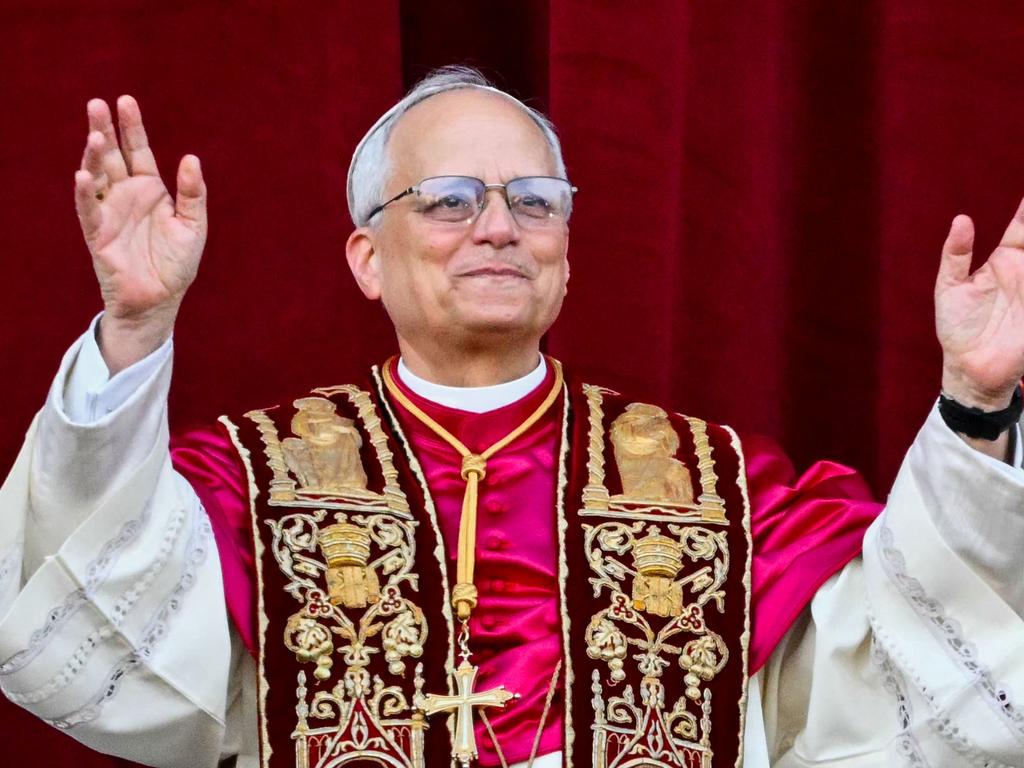
Cardinal Zen, who was released from house arrest on bail last month to attend the funeral of Pope Francis, once described Parolin as poisonous. “I told the Pope that [Parolin] has a poisoned mind,” the cardinal said in 2017. “I have no trust in this person. He believes in diplomacy, not in our faith.”
Now, Chinese Catholics are watching to see what Leo will do. Father Joseph Liang is the chaplain to the Chinese community in the Diocese of Westminster. Born in Shandong province, he was ordained in 1998 and worked in a parish in China for five years before arriving in the UK.
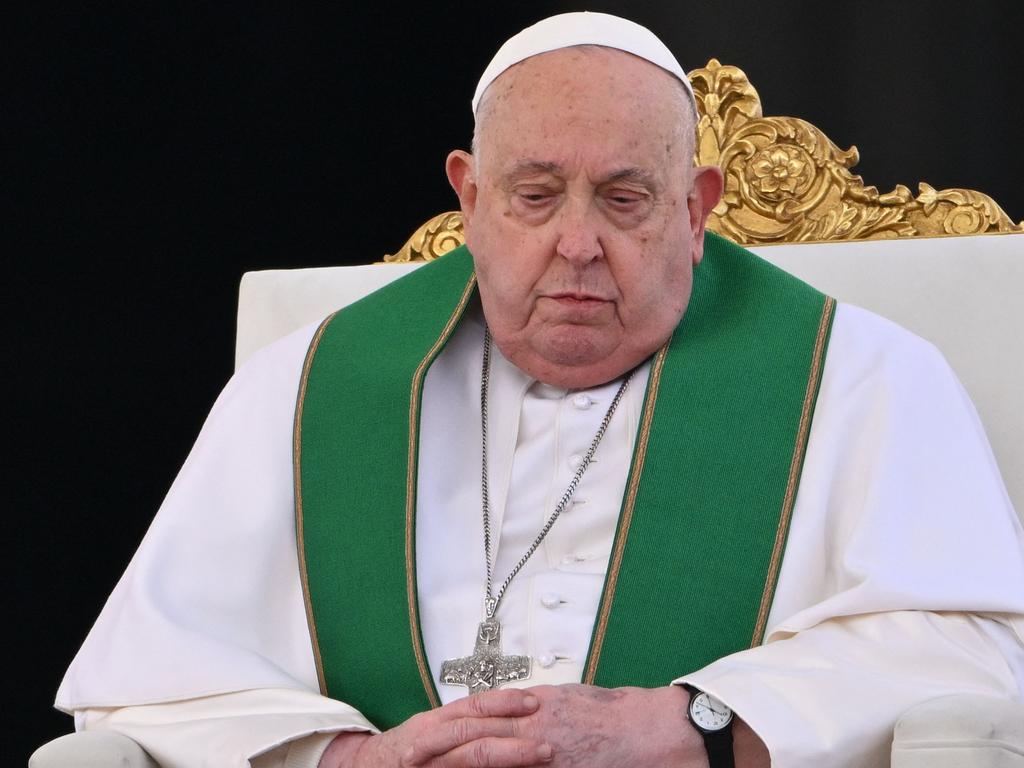
For Liang, the agreement “is not perfect” but amounts to the “first steps of reconciliation” between the Catholic Church and China.
“I hope the new Pope Leo will continue the path of Pope Francis and continue the policy of dialogue with the government of Beijing, gradually improving relations with China but avoiding a direct confrontation,” he said. “But there is still a long, long journey ahead of us.”
This story appeared in The Sunday Times
More Coverage
Originally published as Pope Leo faces his first diplomatic test from Beijing



